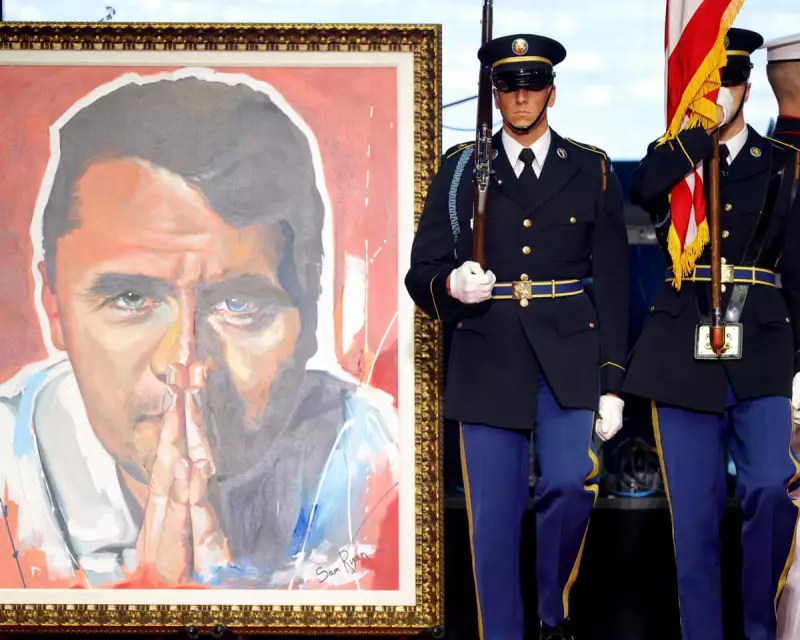
The United States has significantly tightened its vetting procedures for foreign visa applicants, implementing rigorous social media screening that's raising alarm among civil liberties advocates. The controversial policy has thrust conservative activist Charlie Kirk's organisation into the spotlight, with revelations emerging about potential scrutiny of their international outreach efforts.
Enhanced Digital Screening Measures
According to State Department officials, all visa applicants now face comprehensive examination of their social media footprints across multiple platforms. This expanded digital surveillance aims to identify potential security threats but has sparked concerns about overreach and freedom of expression.
"We're committed to thorough screening while respecting individual rights," a department spokesperson stated, though privacy advocates warn the policy could have chilling effects on free speech.
Charlie Kirk's Organisation Under Microscope
The policy shift has particular implications for Charlie Kirk's Turning Point USA, which maintains extensive international connections and regularly hosts foreign speakers and participants. Current investigations are examining whether the organisation's social media activities might affect visa eligibility for individuals associated with their programmes.
Legal experts suggest the enhanced screening could disproportionately impact conservative groups and their international collaborators, though authorities maintain the policy applies uniformly across the political spectrum.
Balancing Security and Civil Liberties
The intensified scrutiny reflects ongoing tensions between national security concerns and protection of fundamental rights. Critics argue the social media monitoring creates a "digital loyalty test" that could penalise legitimate political expression.
- Comprehensive social media history reviews for all visa categories
- Multi-platform monitoring including major networks and emerging services
- Enhanced training for consular officers in digital footprint analysis
- Ongoing evaluation of policy impacts on free speech rights
As the debate continues, the State Department faces increasing pressure to clarify the boundaries of acceptable online expression and ensure the screening process doesn't become a tool for political discrimination.
International Implications
The policy's ripple effects extend beyond US borders, potentially influencing how other nations approach visa screening and digital monitoring. Immigration experts warn that reciprocal measures could complicate international travel and academic exchanges.
With digital footprints becoming permanent records, the intersection of immigration policy and online expression continues to present complex challenges for governments and citizens alike.





